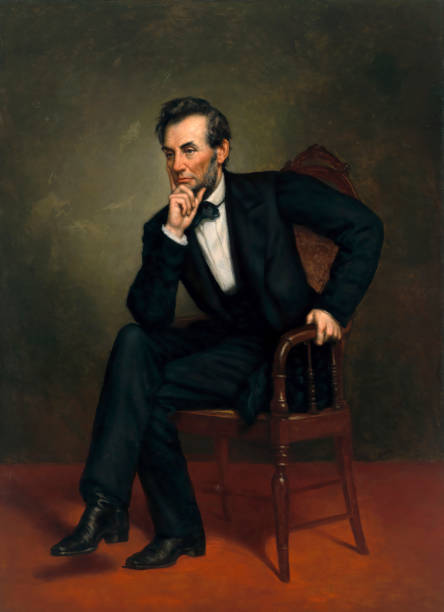
On February 12th, the nation pays homage to one of its greatest leaders, Abraham Lincoln, on the occasion of his birthday. Lincoln, the 16th President of the United States, left an indelible mark on the nation’s history, guiding it through one of its most challenging periods – the Civil War. Let’s look at Lincoln’s achievements, the formidable challenges he faced, and the enduring legacy he left behind.
Achievements
- Emancipation Proclamation (1863):
One of Lincoln’s most significant achievements was the issuance of the Emancipation Proclamation on January 1, 1863. This executive order declared all slaves in Confederate-held territory to be free. Although it did not immediately free all enslaved individuals, it marked a pivotal moment in American history by aligning the Union cause with the fight against slavery. - Gettysburg Address (1863):
Lincoln’s eloquent and timeless Gettysburg Address, delivered on November 19, 1863, is considered one of the greatest speeches in American history. In a mere 272 words, Lincoln reaffirmed the principles of equality and democracy, stating that the nation was dedicated to the proposition that all men are created equal. - Homestead Act (1862):
Lincoln signed the Homestead Act into law in 1862, encouraging westward expansion by providing 160 acres of public land to settlers for a small fee, provided they improve the land by building a dwelling and cultivating crops. This legislation played a crucial role in shaping the demographics and character of the American West.
Challenges
- Civil War (1861-1865):
Lincoln assumed the presidency during a tumultuous period in American history, marked by the secession of Southern states and the outbreak of the Civil War. The conflict tested Lincoln’s leadership as he navigated the complexities of preserving the Union while grappling with the moral dilemma of slavery. - Political Opposition:
Lincoln faced fierce political opposition throughout his presidency, with many criticizing his policies and decisions. The draft riots in New York City in 1863 and the emergence of anti-war sentiment posed challenges to his ability to unite the nation. - Personal Tragedies:
Lincoln endured personal tragedies, including the death of his beloved son Willie in 1862. These personal losses added emotional weight to the burdens of leading the nation through a devastating war.
Legacy
- Emancipation and Abolition:
Lincoln’s leadership during the Civil War laid the groundwork for the eventual abolition of slavery. His commitment to the principles of freedom and equality continues to inspire generations, making him an enduring symbol of emancipation. - Preservation of the Union:
Lincoln’s steadfast commitment to preserving the Union became a defining feature of his legacy. The nation emerged from the Civil War intact, and his leadership played a pivotal role in shaping the United States as we know it today. - Enduring Principles:
The principles articulated by Lincoln in documents like the Emancipation Proclamation and the Gettysburg Address remain guiding lights for the nation. His emphasis on equality, democracy, and the pursuit of a more perfect union resonates in the ongoing quest for justice and liberty.
As we commemorate Abraham Lincoln’s birthday, we reflect on the monumental achievements, formidable challenges, and enduring legacy of this remarkable leader. Lincoln’s legacy is not merely confined to the pages of history but lives on in the fabric of the nation he helped to preserve and transform. His leadership during a time of profound crisis continues to inspire and guide the United States toward a more perfect union.

